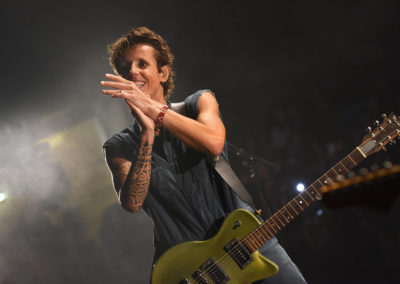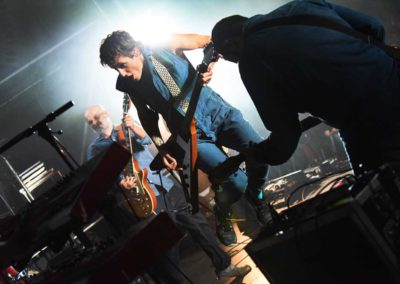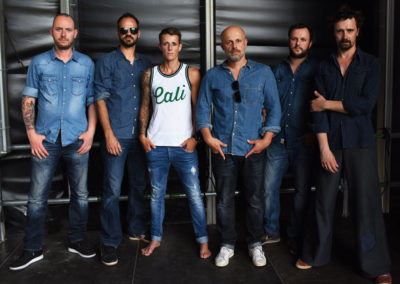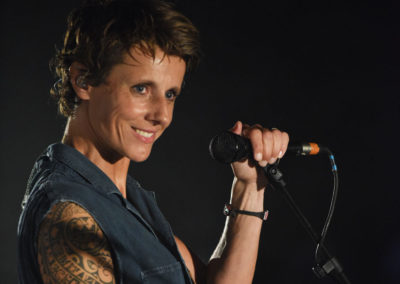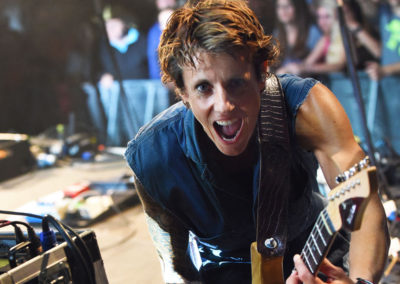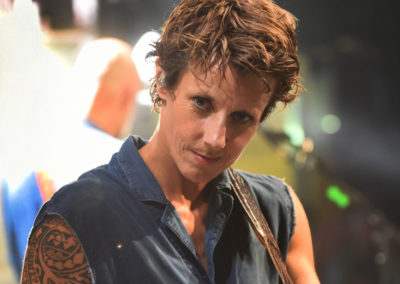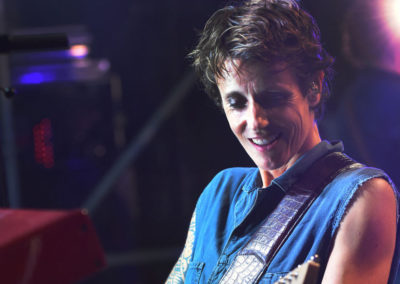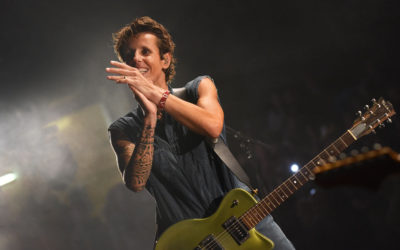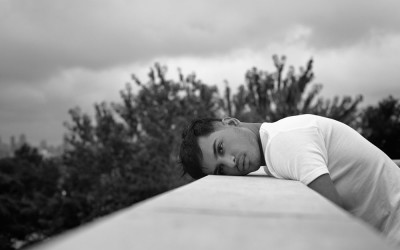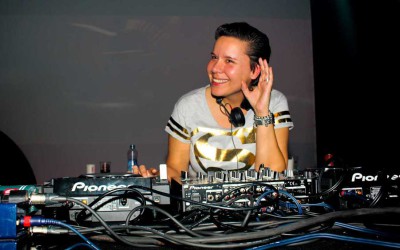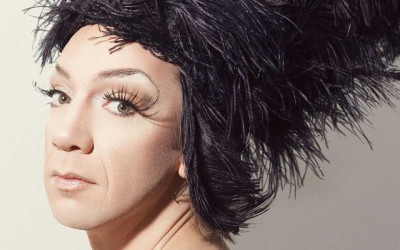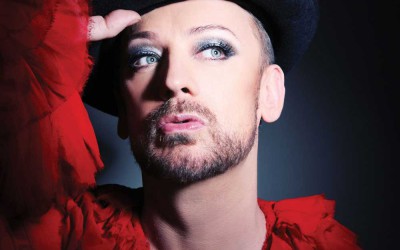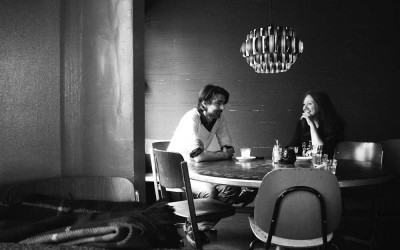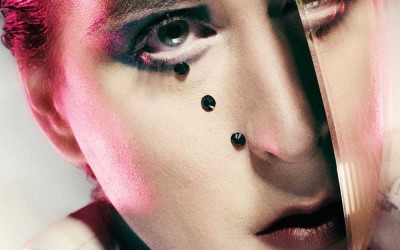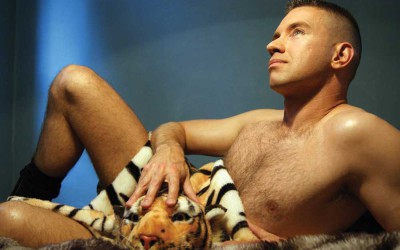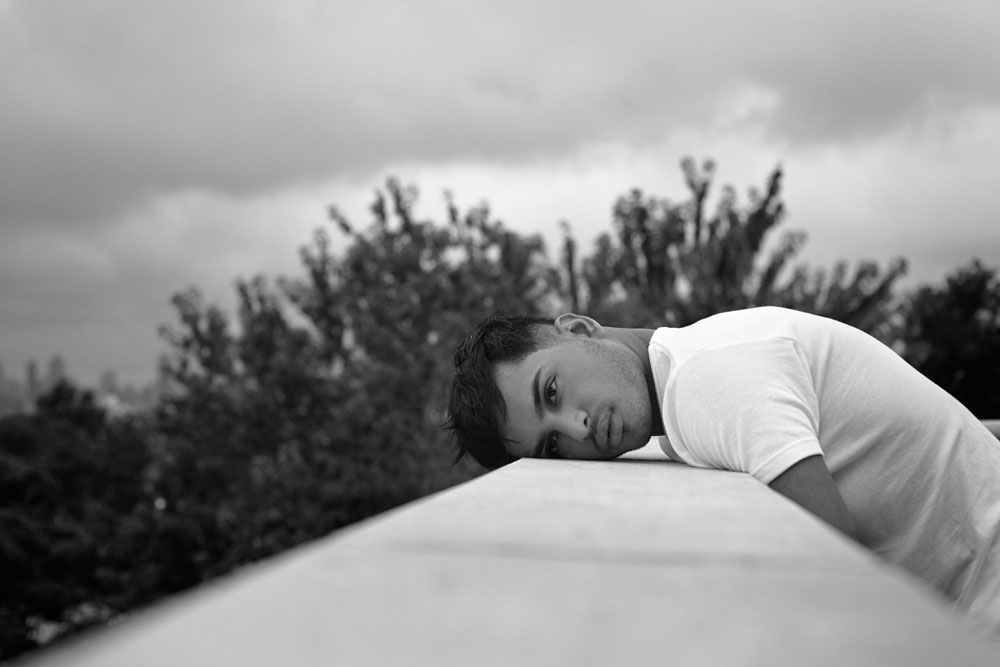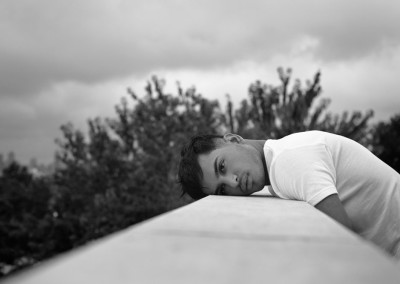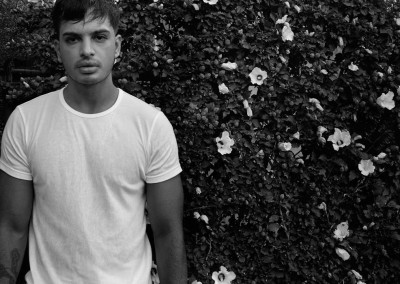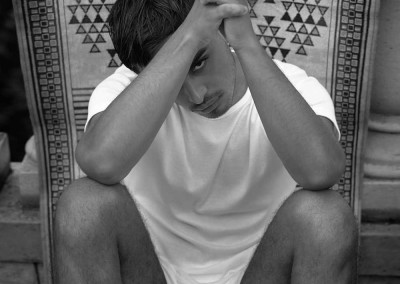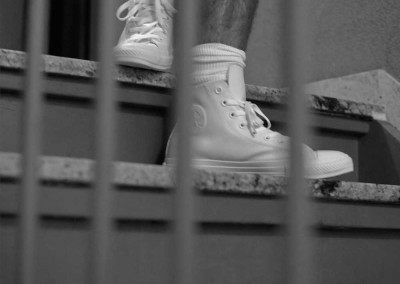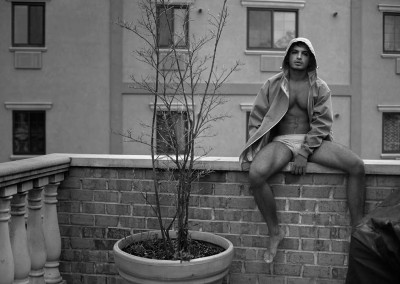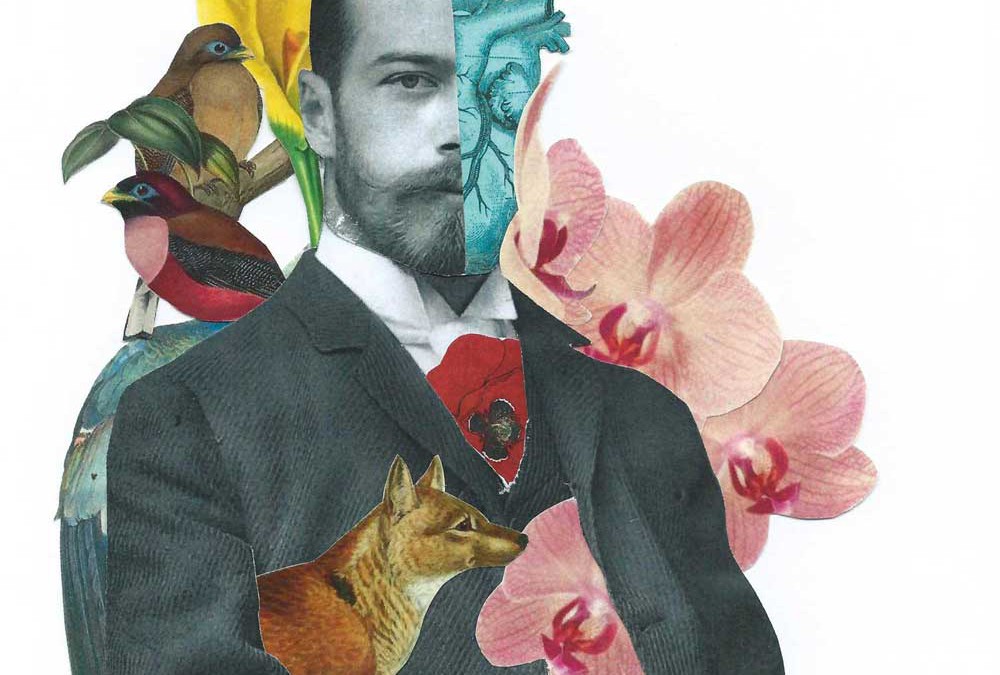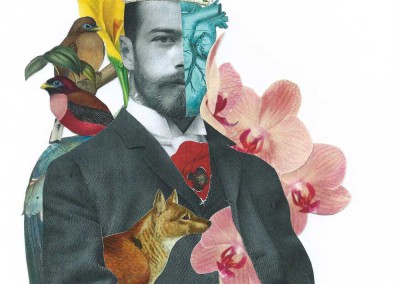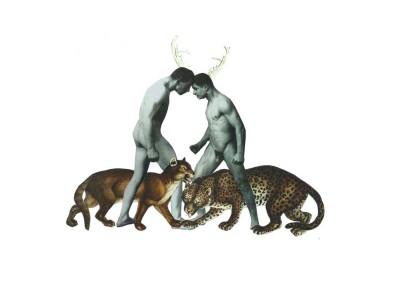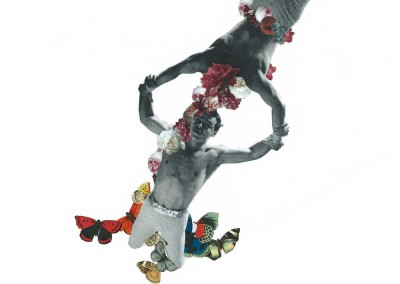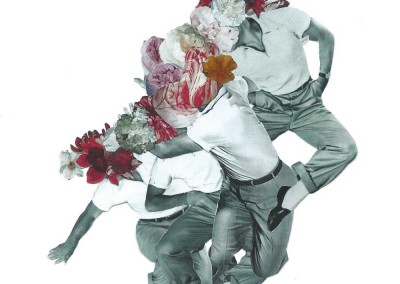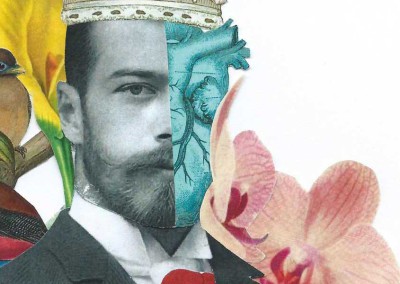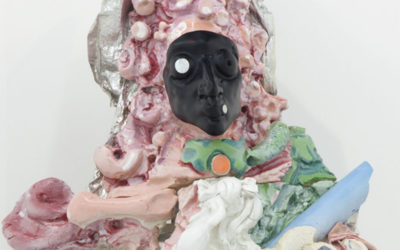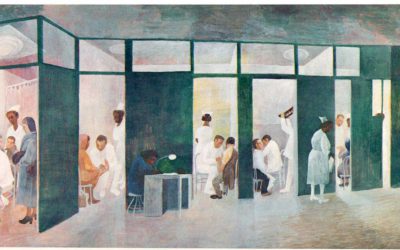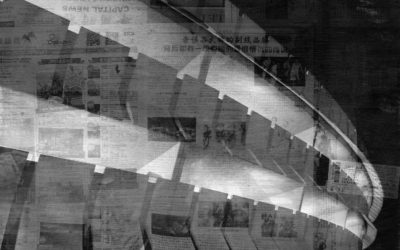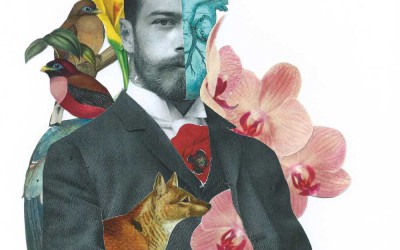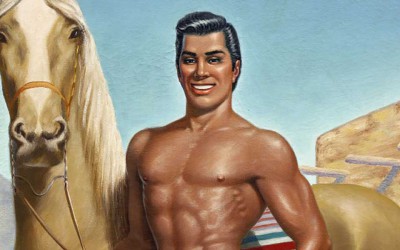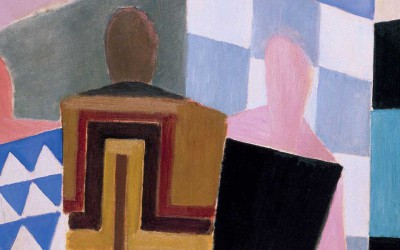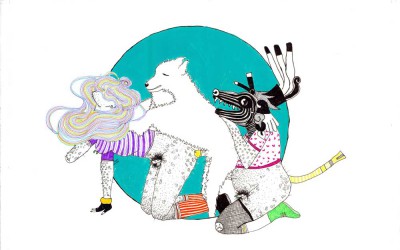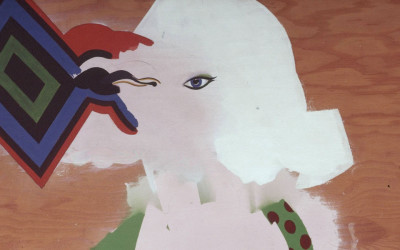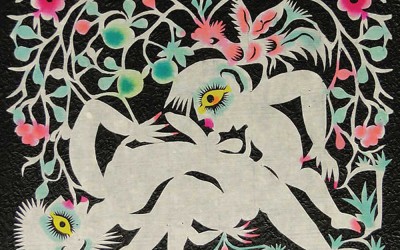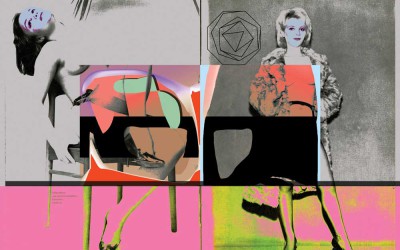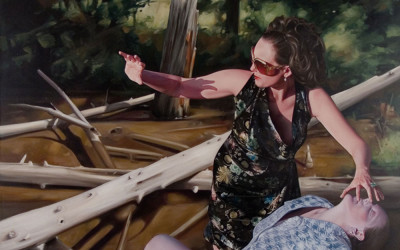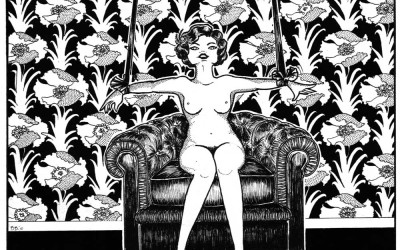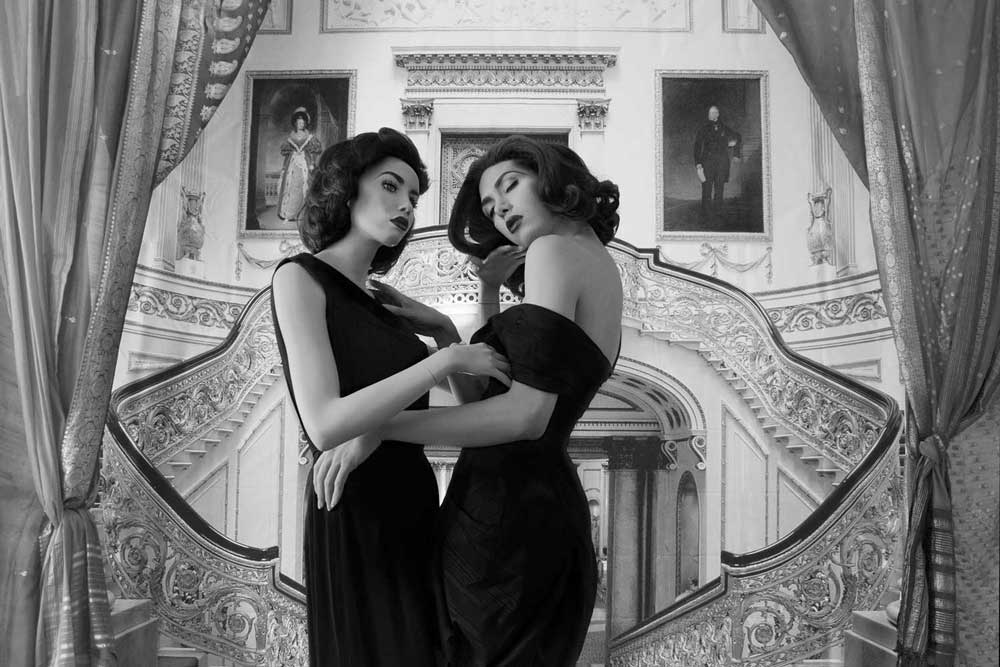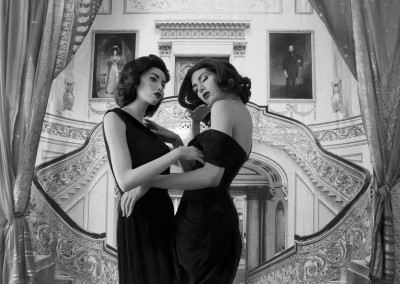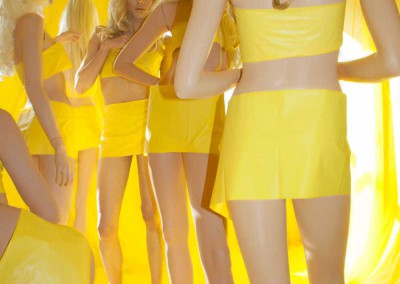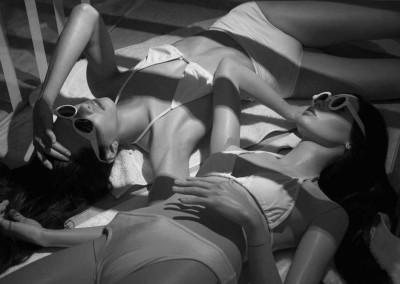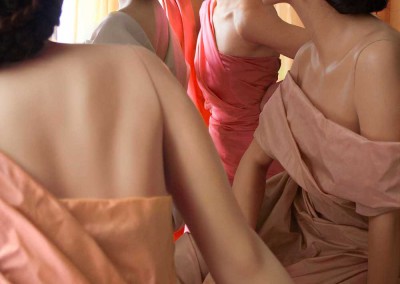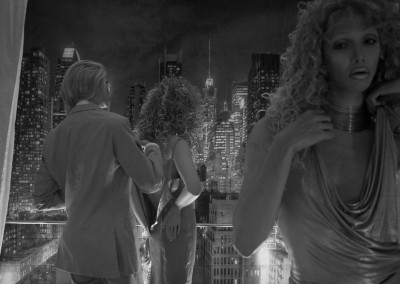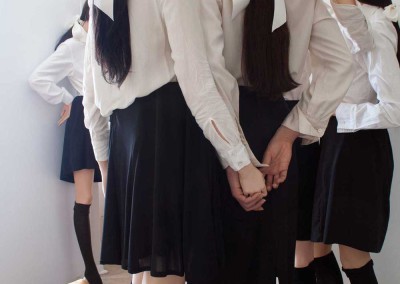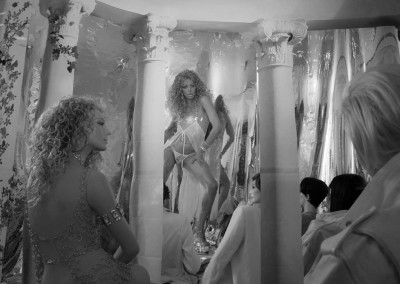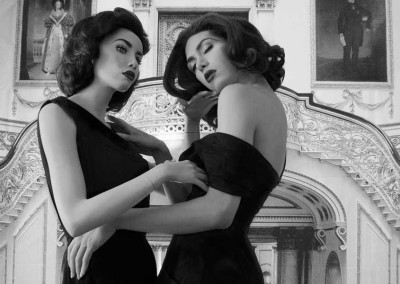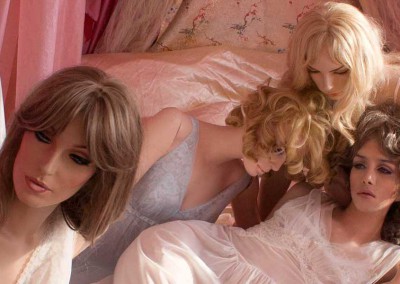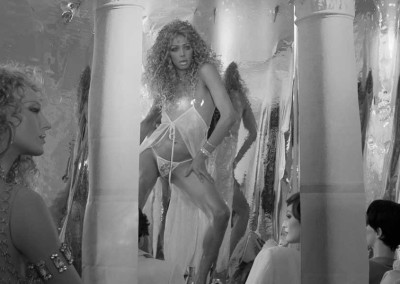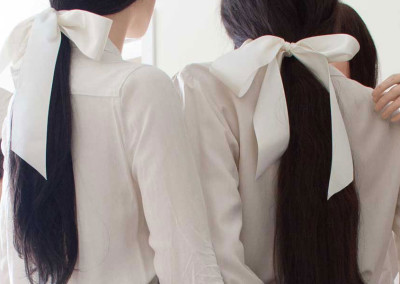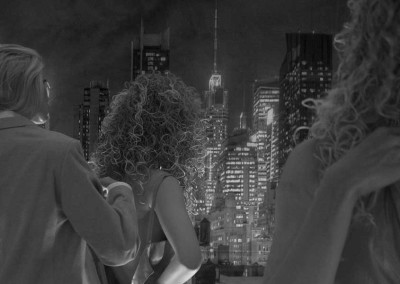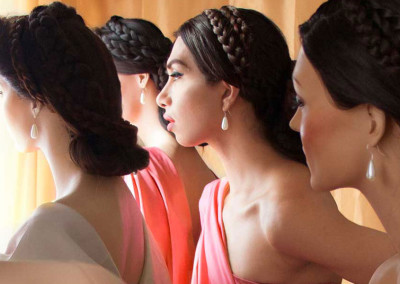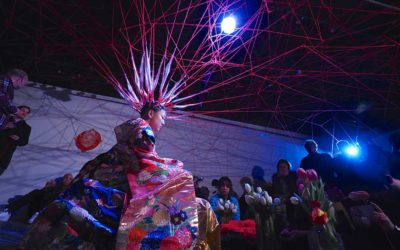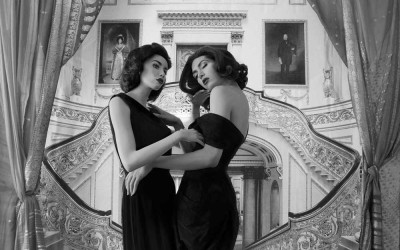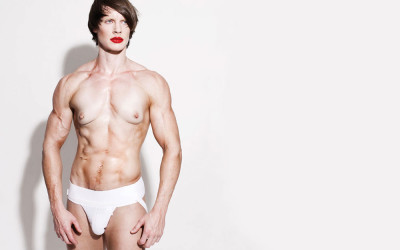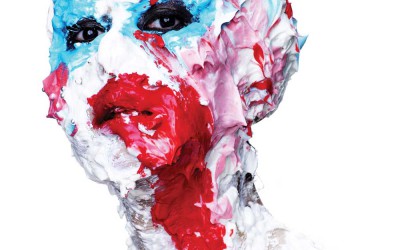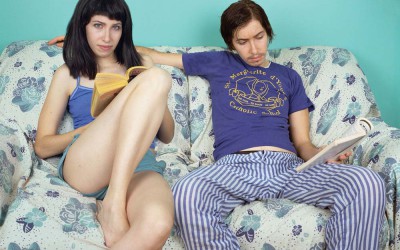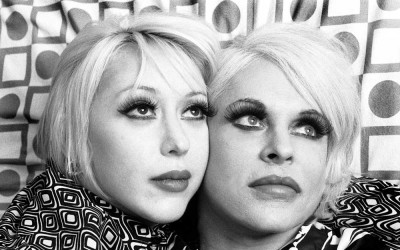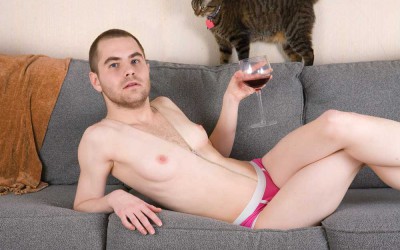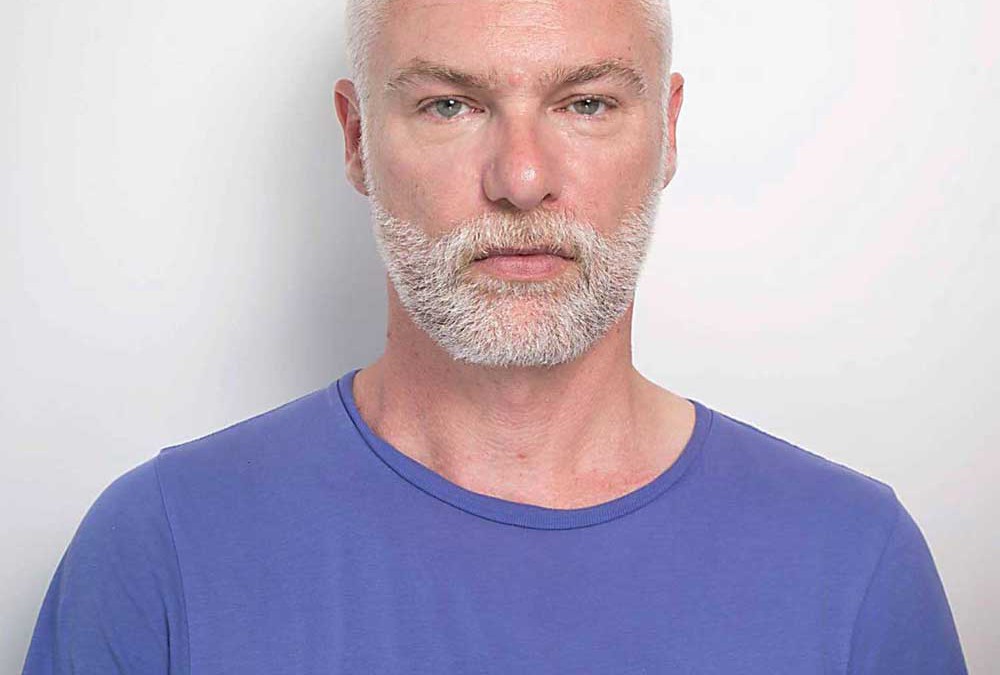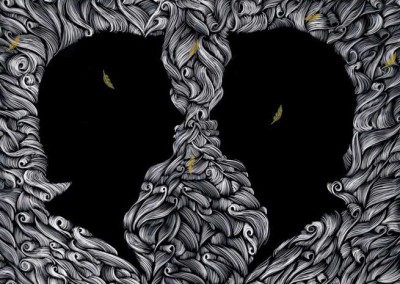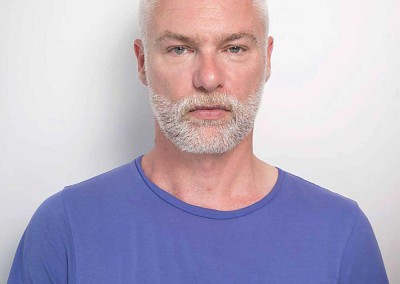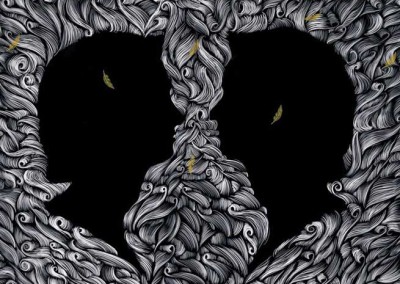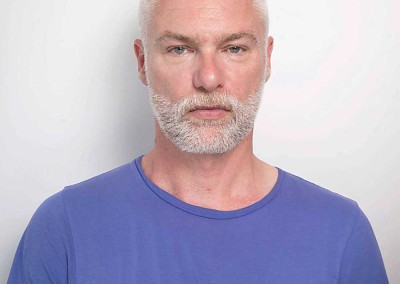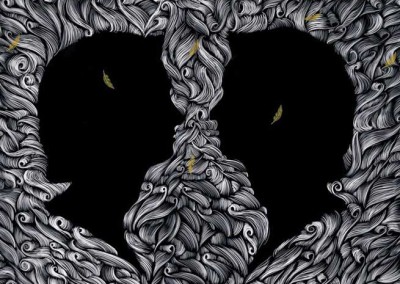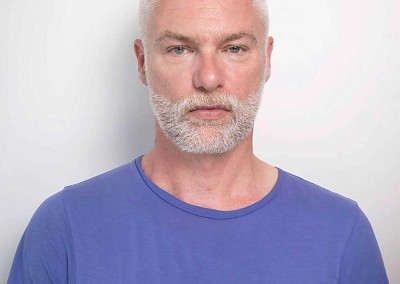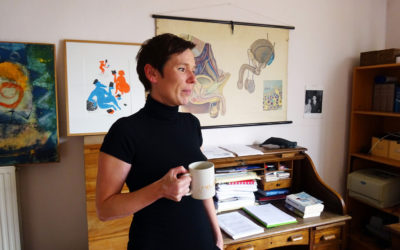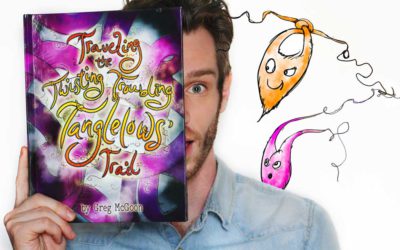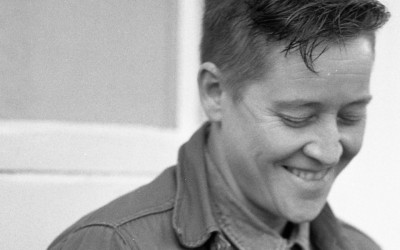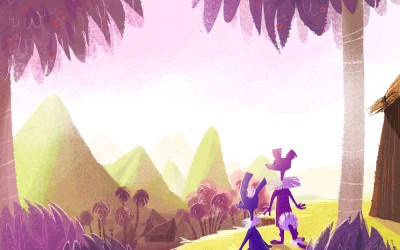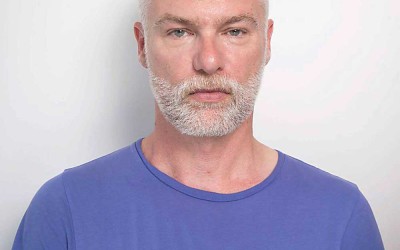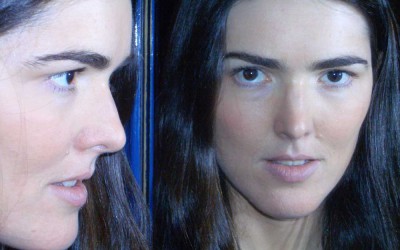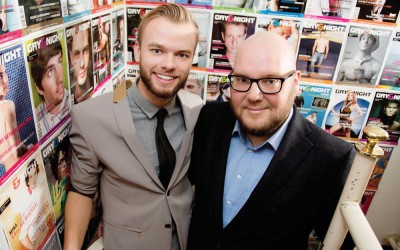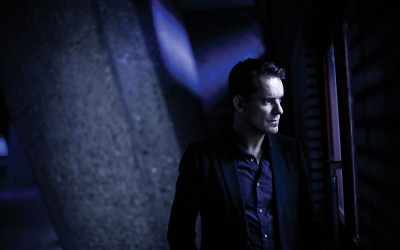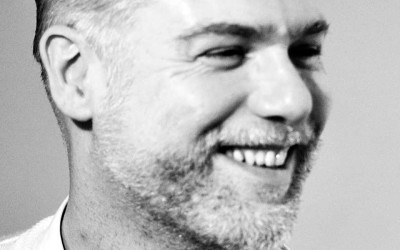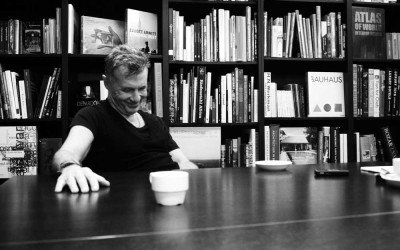I’ve always been very much intrigued by Sarah Bettens. When I saw K’s Choice perform in 1994 they had not yet recorded their monster hit “Not an Addict”, which opened doors not only in Europe but also lead to touring across the US with…..
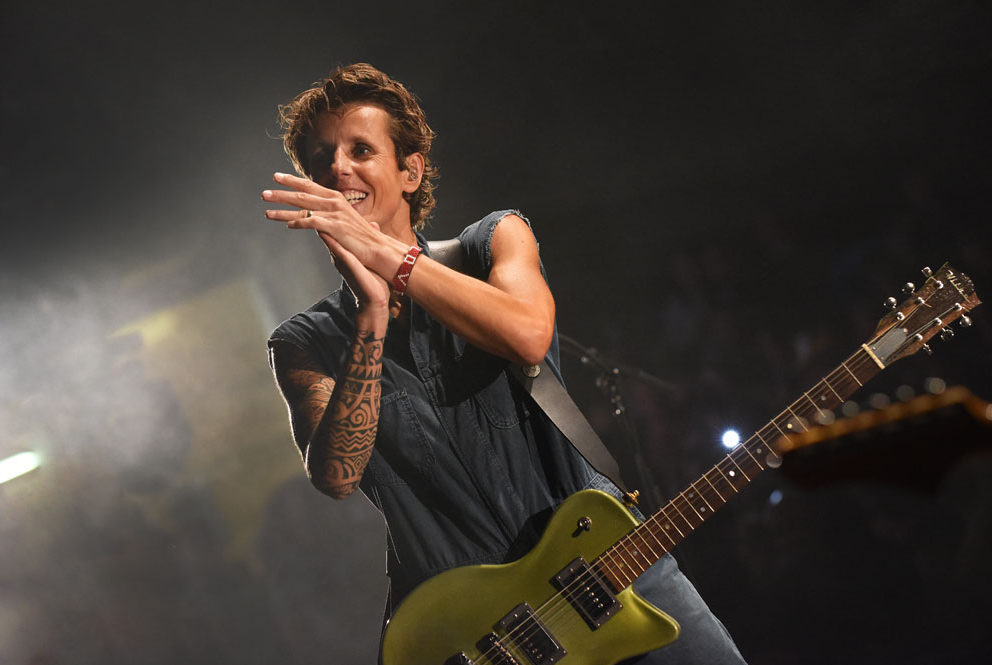
Sarah Bettens
Sarah Bettens
Text JF. Pierets Photos Frank Clauwers
I’ve always been very much intrigued by Sarah Bettens. When I saw K’s Choice perform in 1994 they had not yet recorded their monster hit “Not an Addict”, which opened doors not only in Europe but also lead to touring across the US with, amongst others, Alanis Morissette and the Indigo Girls. Yet in 1994 I saw a girl run to her microphone, hold onto it for the entire song and who looked at her feet for the duration of the applause. A lot has changed since then and that girl cannot be compared to the über-fit and charismatic front woman she is today. We catch up in the backstage area of a Dutch music festival to talk about change, identity and challenges.
You once said you were lucky K’s Choice became popular. What’s luck got to do with it?
I think there was a lot of coincidence involved. My brother and I have been making music for as long as I can remember but we never thought about it as a future job. The idea itself was even too unrealistic to dream about, so let’s just say we never considered it a possibility.Then someone asked me to sing something in a studio and before we knew it we had a hit-single on the radio and things started evolving. There wasn’t any plan behind it. If I contemplate our position right now, I can see the amount of work and effort that we have put into it, yet I must say that we did indeed get very lucky. We met the right people at the right time. Of course you have to be present in order for those people to find you, but we were very lucky to kick off mid-’90’s, when record companies still had a lot of money and room for development. We’re talking about a completely different era here. They allowed us time to grow, which is almost impossible nowadays. We’re also lucky that we’re still – after 25 years – able to make music for a living. We still have fun and we’re still doing things that challenge us, both as musicians and performers. There’s nothing worse for creativity than routine so once in a while we have to shake things up a bit.
How do you shake things up?
Well, for example we changed our working method when making The Phantom Cowboy – our last record. Normally Gert and I write separately and then bring things together to see what happens. This time we started with a concept and actually knew how we wanted the record to sound. Things like this, and also things like introducing The Backpack Sessions – an intimate tour with only our pianist – are our means to keeping it fresh.
Do you need challenges?
I think so, I’m not a stressed out person but I like change, both in my job and in my personal life.
At the moment we’re on the verge of moving to California and there’s a lot to do, but that’s fun. We’re going to start over. It’s like making a new record and working with a new producer, even though the previous one was great, you never know what it’s going to bring. My sense of adventure is far greater than being comforted by foreseeing the future.
A couple of years ago you started working as a fire fighter? Why?
I needed it because music started to become somewhat of a routine. I needed to do something that was completely different, a job where I had to show up and go back home after 24 hours. As a musician you can start working at 2 in the afternoon or you can work the whole night through. You work on your music, your plans, your career, your writing, you name it. It never stops. You can work all day and there will still be that feeling that you can do more. It’s never finished. So I looked for something that was defined, which I found in being a fire fighter. You cannot imagine how much I learned there and it still brought me the eagerness to learn even more. Because of that, being a musician made me happier again.
Do you have any creative rituals when you start composing?
We did in the beginning, but I’ve kind of abandoned the idea of needing hours of time, the right mood and even the perfect star constellation – in order to write the perfect song. Now we just sit down with a guitar and start. The Phantom Cowboy was written in two weeks time. Gert and I sat down in a room from 9 to 5 and just worked. We stopped waiting for the right light interval or the most opportune emotional state of mind.
Is art inevitably self-portraiture?
I think so. You keep talking about things that are close to you. Its shape changes but the subject doesn’t. As you get older your world changes, you get married, have children, yet there are themes that keep returning. Now we’re moving I found some old interview from when I was 20 years old. How stupid and serious I was! Nowadays I take my music, my job, very seriously but not myself. Now we’re able to write a song that’s ‘just fun’, it doesn’t always have to be about the most deep down, thorough, detailed emotion. At this point we’re able to lighten up.
You are outspoken about being gay. Do you feel you have a moral responsibility?
I do like taking my moral responsibility. I like it that young girls or boys can look at me and know that I’m married to a woman and yet look very normal. When I was young I only had Navratilova, and even she was not very outspoken. The issue just wasn’t discussed. It took me so long to discover who I was and I think that if I was born now, I might’ve found that out by the time I was 16. There are so many possibilities now, people can talk about being gay, being transgender. Things that weren’t discussable twenty years ago. Of course there’s still a lot of work to be done, but as a public person I hope to make the world just that little bit more normal for gay people. Writing and making music is a very nice way to communicate with people and to discover that you have much more in common than you would think. When you’re a teenager that can be quite therapeutic.
Jeff Koons once said: ‘Being an artist is not a job, it’s an identity’.
I think I rather identify myself as the wife of my wife, the mother of my children and the daughter of my parents, my friends, than as an artist. Don’t get me wrong, music is a great platform and making music is something that can’t be compared to many things. When you leave the studio at night and you’ve created something you didn’t know existed that very morning, it’s incomparable. That little bit of fear, that you’re never going to be able to do it anymore, or the feeling that you’ve given everything but aren’t sure if there’s anything left. I have to admit that’s a unique and an on top of the world feeling. But to say it’s an identity, that’s too much. I identify much more as a human being than as a musician.
‘It took me so long to discover who I was and I think that if I was born now, I might’ve found that out by the time I was 16. There are so many possibilities now, people can talk about being gay, being transgender. Things that weren’t discussable twenty years ago.’
You and your wife adopted 2 children a few years ago. As a mother, what would you like to teach them?
I want them to be able to be themselves. The world won’t always appreciate or understand that, but at least they have to try. I also want them to work hard. I enjoy my life very much because I work hard for the things that I find important; to be happy, to do things with my family. If you feel very good about something, then it’s often something that took a while for you to get there. For me, getting divorced wasn’t an easy road to take, nor was adoption or moving to the States. But they did make me happy in the long run. I feel very strongly that I’m the happy person I am today, because of all the decisions I have made in my life. I’m very grateful about the circumstances and being lucky at the same time, but I also made it happen through the choices that I made along the way. Next to getting sick or loosing somebody, your fate lies very much in your own hands. So how committed are you to work for it?
So in retrospect, you wouldn’t change anything?
I’ve gone through some painful stages yet I’m very happy with who I am right now. Everything that’s happened has made me into the person I am today. Fortunately I’m quite forgetful so that might help (laughs). I can’t imagine anything more drastic than what happened to me when I met my wife. Before that I wasn’t really happy but I thought that was just the way people were. When I found out who I was I literally stepped from a world of darkness into the light. All was black and white and I changed from being – I’m not saying depressed because that’s too strong of an emotion – but from heavy hearted and melancholic to one of the most joyous people I know. Almost in the blink of an eye.
A question I also ask myself: How could you not have known?
I have absolutely no idea. Maybe it has to do with the era in which I was born. I think that if I would be 16 years old at this very moment, I would probably jump right in. In retrospect I conformed a great deal. Especially because I wanted to dress like a boy but I didn’t want to embarrass the people around me. If it would only have been about me, than there would’ve been no boundaries. I always had to fight for my place in high school, something you don’t quite understand when you’re so young. That’s what I like so much about the whole gender conversation. Who cares about all that? You could say that it’s safe to fit in, but is it really? How many people are there that get a wake-up call when they’re 30. I’m longing for a world where everybody can be more relaxed into doing what they want to do. Everything feels so restricted.
What do you think is your purpose in life?
It depends on when you ask the question. Sometimes you feel so small wondering what’s your part in this larger entity. When you dare to think about the concept of time, the universe, or the fact that we are standing on something circular, then it’s almost impossible to ponder the meaning of your own life. Everything is so grand and you are so small in comparison.Yet when I do have to answer on the meaning of ‘my’ life, I think it’s trying to change and affect the world around me by being happy and treating people with respect. I’m a bit too cynical to be able to positively say it’s going to change the world, but it would be a good start. When I hear those terrible stories about sick children or refugee children, things that neither you or anybody else can fix, I often reflect that being grateful about the things you have and are able to do, is the very least you can do. Trying to give as little thought as possible to the small things that bother you. So every morning when I wake up I keep my eyes closed and think about the things I’m grateful for. That’s the absolute minimum you can do when you see all the damage that’s been done in the world. If everybody would make the effort to change his own little corner in a positive way, it would already mean a lot.
Related articles
Sarah Bettens
Solomon Ray
In 2008, Solomon Ray released two street mixtapes that got him invited to Eminem’s radio show, Shade 45, on Sirius XM. What followed was a huge Internet buzz, a large amount of followers from all over the world and more than ten thousand…..
Bo Monde
She’s an international female Dj, but also a producer and Dj teacher. Active in the club scene since 1996 and currently spending her time between hometown Amsterdam and Cologne, the city where she lives with her wife Giselle. Dreaming of…..
Sven Ratzke
Hovering between vaudeville and jazzy chansons, conference and cabaret; playing for full houses in New York, Berlin, Zürich and London (just to name a few cities), Sven Ratzke is not easily captured in a few words. Describing him as a classy performer…..
Boy George
Needless to say we were head over heels when we heard Boy George was releasing his first studio album in 18 years. Hence all those years of dj-ing, the Culture Club singer and ‘80’s icon has never been gone, yet we’re very much looking forward to…..
Mauro Pawlowski
When assembling this Antwerp edition and thinking about diversity in music, our minds kept on wandering towards Mauro Pawlowski. Not only is he intelligent, interesting, sexy – hence the cover – and eloquent, he’s also one of the musicians who…..
The Irrepressibles
He’s the highly talented artist behind The Irrepressibles, a 10-piece band, using conceptual sets, none-theatrical lighting, projection, dance and couture fashion. Their ground breaking approach continues to push the boundaries of live popular…..
Saint Marteau
In an era where much of the contemporary music has been sampled or ripped-off from past sounds, there’s a man working the stage dressed in but a jaunty straw hat, a bow tie and golden knickers. His lively, roguish manner of performing sets a…..

